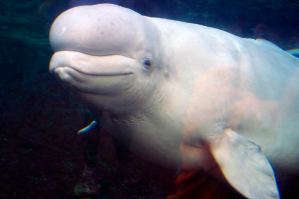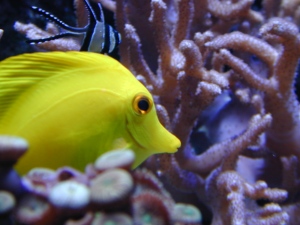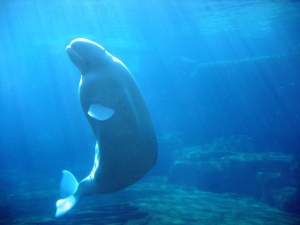
The NOAA has denied a permit request to import 18 beluga whales from Russia into the Georgia Aquarium.
 Paws Up!
Paws Up!
To the National Oceanic and Atmospheric Administration for denying a U.S. aquarium’s request for a permit to import whales from Russia.
According to a news article, “Federal authorities have denied the Georgia Aquarium a permit to import 18 beluga whales from Russia, citing concerns about the species’ wild population and the way in which these marine mammals were captured.”
Additionally, “Beluga whales are listed as near threatened by the International Union for Conservation of Nature (IUCN). They are found in the arctic and subarctic waters of Russia, Greenland and North America and they face threats including ship strikes, pollution and habitat destruction, according to NOAA.”
The story stated that the National Oceanic and Atmospheric Administration received over 9,000 comments regarding the request for the permit.
Take Action: Write a note of thanks to the administrator of NOAA. Additionally, never visit a sea park that uses sea animals for entertainment purposes.
Dr. Jane Lubchenco
Administrator
National Oceanic and Atmospheric Administration
1401 Constitution Avenue, NW
Room 5128
Washington, DC 20230








